Wisconsin Big Cats
The state of Wisconsin is one of just five US states that currently has no regulations pertaining to the private ownership of exotic animals. Anyone can legally own, breed, buy, and sell big cats without having to register the animals with the state, which means that it is often easier for a Wisconsin resident to obtain a tiger than to adopt a dog from a shelter. In 2012, the owner of one of Wisconsin’s many roadside zoos offered to give two adult tigers to an undercover ABC News reporter posing as a pet buyer, even after the prospective “owner” admitted that he had zero experience handling big cats. Due to Wisconsin’s lack of regulations, backdoor deals like this are completely legal. They’ve also created a situation where nobody knows the location or amount of dangerous predators being kept in private hands, and have turned Wisconsin into a “safe haven” for illegal animal smugglers, backyard breeders, roadside zoos, and “pay-to-play” businesses. The good news is that all of this could change very soon.
After reports of an escaped big cat frightened Milwaukee residents over the summer, Wisconsin lawmakers proposed a pair of common-sense laws that would keep both people and animals safe. UnderAB333 and its identical companion bill, SB 241, Wisconsin residents would no longer be able to buy, sell, breed, trade, or possess dangerous exotic animals, including all big cat species. All public contact with exotic animals would be banned, effectively ending the cruel and exploitative “cub-petting” industry in Wisconsin. Like similar legislation in other states, the law would grandfather in existing owners and their animals, provided that the animals are registered with their municipality. It would also exempt AZA and municipal zoos, circuses, research facilities, and veterinarians.

It’s been noted that this legislation, while certainly a great step forward, is still fairly weak compared to the exotic animal laws of other states. Most reptiles wouldn’t be regulated, for example, and neither would monkeys. The law also doesn’t mandate stiff penalties for noncompliant owners — scofflaws would only have to pay a mere $1,000 fine per animal (or $2,000 if an animal injures someone or destroys property).
But the proposed legislation still isn’t soft enough for people who wish to own or profit off of exotic animals. Private zoos, breeders, and animal brokers, fearing that any restrictions would be “bad for business”, have been fighting the legislation by trying to convince lawmakers that there’s no such thing as a “big cat crisis” in Wisconsin, and no need for legislation. They claim that their facilities are important for wildlife conservation and education, and that allowing the public to handle big cats is a vital part of “animal care.”
Despite the fact that these claims have been repeatedly debunked by legitimate wildlife experts, the pressure from pro-ownership groups has been working. Last week, in order to “protect businesses”, Wisconsin Senator Van H. Wangaard and Representative Samantha Kirkman gutted their own legislation by introducingindustry-drafted amendments to both bills, which would exempt USDA license holders and ZAA “accredited” facilities from having to comply with the law.
But Wisconsin cannot rely on the USDA alone to ensure that animals are being cared for properly. There are only four USDA inspectors assigned to Wisconsin’s 193 active licensees, meaning that inspections of facilities are few and far between. The agency does little to check the background of license applicants, and is slow to enforce the law when severe violations take place. And since virtually all private zoos and “pay-to-play” businesses already have USDA licenses, these amendments would make the legislation completely useless –which is just what exhibitors want.
The good news is that, since these bills haven’t been signed into law yet, there’s still time for real animal advocates to speak up and ask that Wisconsin lawmakers overturn these harmful amendments in favor of proactive, common-sense legislation that will keep both people and animals safe.
AB333 is currently in Wisconsin’s Committee for Consumer Protection. Contact information for the bill’s writers and sponsors can be found by clicking on the names under the bill’s “history” section. Contact information for all committee members can be found on the committee’s website by clicking on a member’s name.
SB 241, which has already been submitted for a full Senate hearing by the Committee on Judiciary and Public Safety as amended, is currently awaiting scheduling. Contact information for committee members can be found here, and Wisconsin state senators may be contacted here. Governor Scott Walker has the final say in state legislation, and may be contacted with this online form, or at govgeneral@wisconsin.gov.



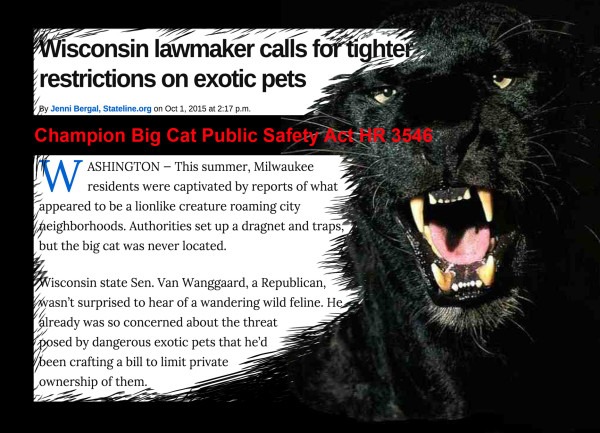
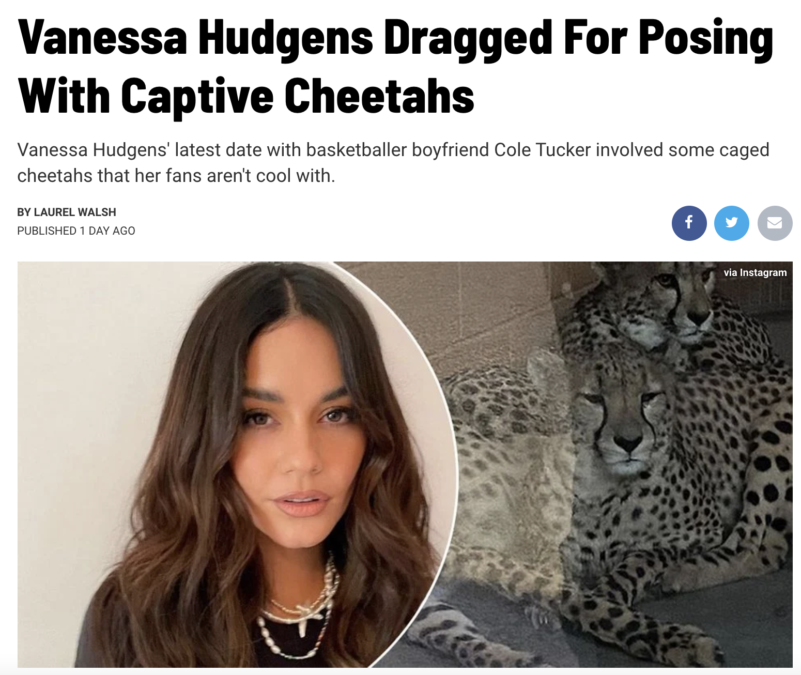
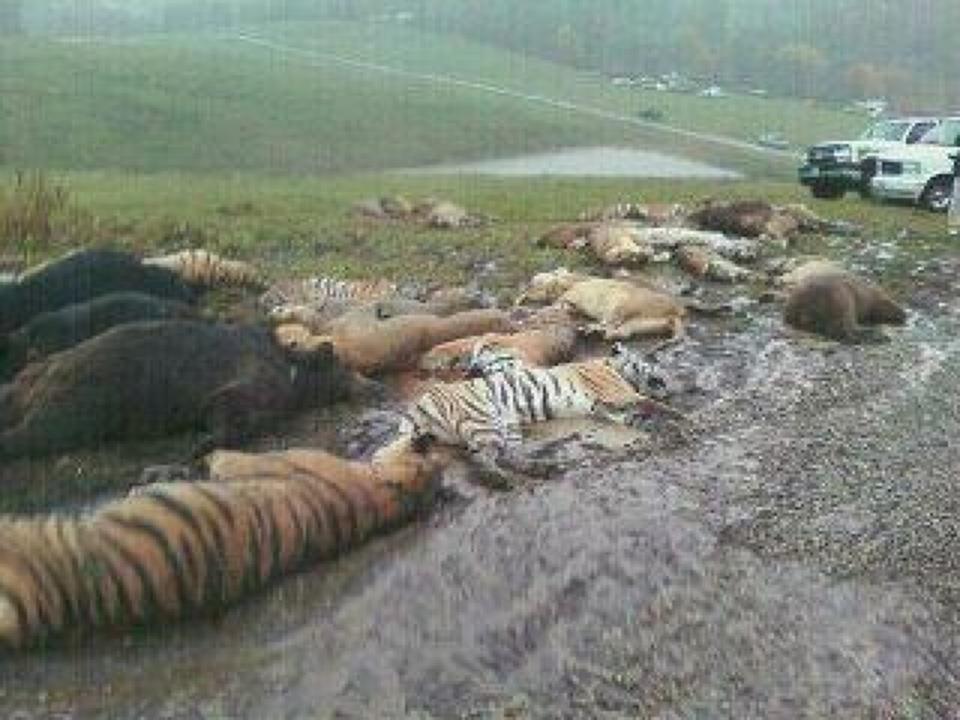
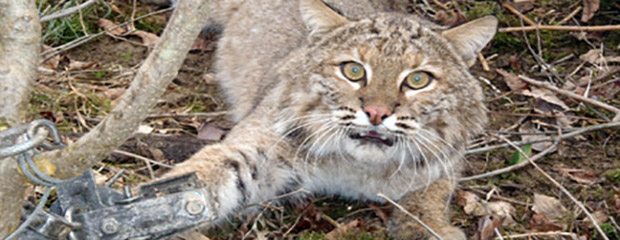
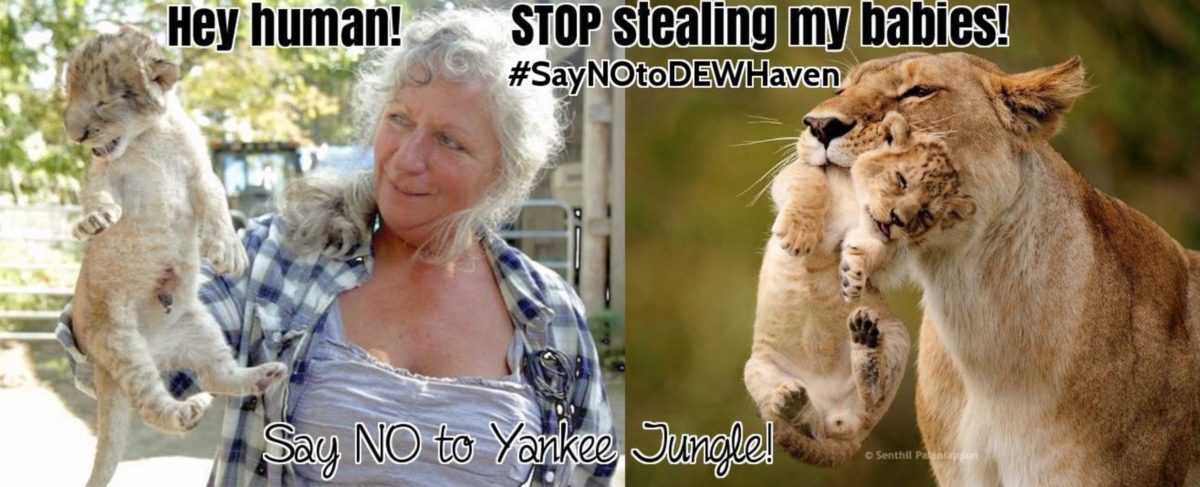
Asking for a friend, where would one find one of these roadside zoos?